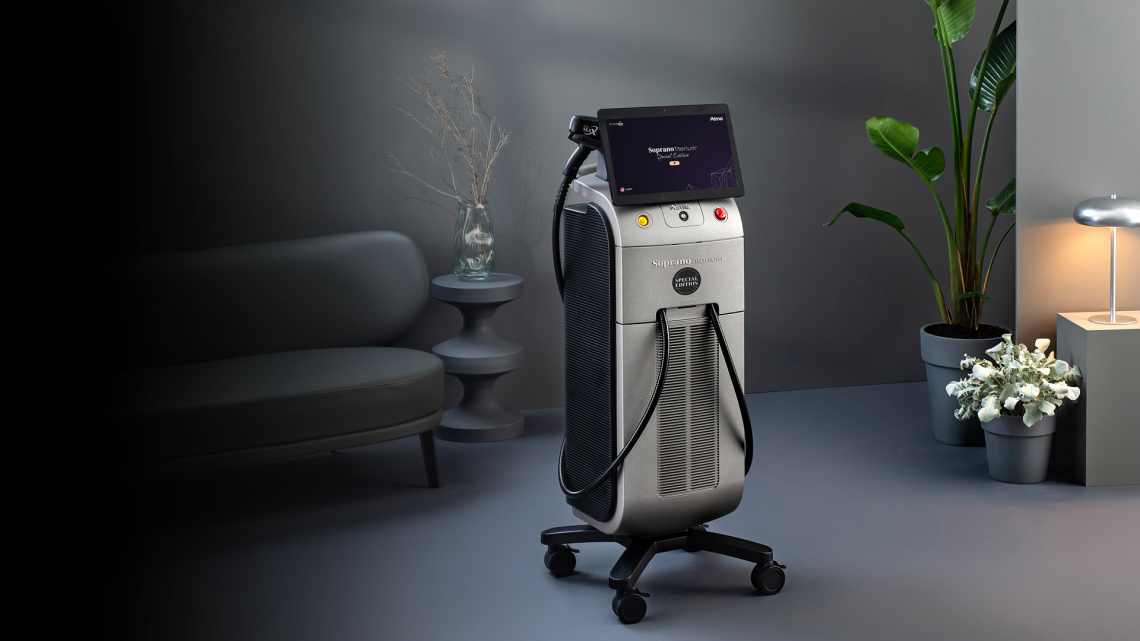In recent years, advancements in laser technology have revolutionized various industries, from manufacturing to medical applications. One such breakthrough is the development of titanium laser devices, which offer enhanced precision, durability, and efficiency Review of the Titanium Laser Device. These devices utilize titanium’s unique properties to deliver superior performance in cutting, engraving, and welding, among other applications. In this article, we’ll explore what titanium laser devices are, how they work, and their diverse uses across industries.
What is a Titanium Laser Device?
A titanium laser device is a high-precision tool that uses laser beams to perform various operations such as cutting, engraving, or welding titanium and other materials. Titanium, known for its strength, light weight, and resistance to corrosion, is a challenging material to work with using traditional methods. The laser device is designed to overcome these challenges by focusing intense energy through a highly concentrated beam, making the material easier to manipulate.
These lasers are typically made from a combination of titanium alloys, which provide better performance and durability compared to conventional laser devices. The titanium component enhances the longevity and reliability of the laser, enabling it to withstand high temperatures and harsh conditions.
How Do Titanium Laser Devices Work?
Titanium laser devices operate based on the principles of laser technology, where concentrated light energy is used to cut, engrave, or weld materials. In the case of titanium, which has high melting and boiling points, the laser beam is extremely powerful, capable of generating intense heat to melt or vaporize the material.
- Laser Generation: The laser device is equipped with a laser source, often a fiber-optic or diode laser, that generates the focused beam.
- Focusing the Beam: The laser is directed through lenses or mirrors that focus the light into a fine beam, increasing its intensity.
- Material Interaction: When the laser beam comes in contact with titanium, the material absorbs the energy, causing it to heat up. Depending on the desired operation, the laser can either melt, vaporize, or engrave the titanium surface.
- Control Mechanism: Modern titanium laser devices are equipped with sophisticated computer controls that allow for high levels of accuracy and customization, ensuring that each operation meets the specific requirements of the task.
Key Features of Titanium Laser Devices
- Precision and Accuracy: Titanium laser devices are known for their high level of precision, allowing for intricate and detailed work. Whether cutting complex shapes or engraving detailed patterns, these lasers deliver exceptional accuracy.
- Durability: Titanium lasers are built to last, thanks to the material’s inherent resistance to wear and tear. This makes them ideal for use in demanding industrial environments.
- Versatility: These devices are capable of performing a wide range of tasks, including cutting, engraving, welding, and marking titanium and other metals. Their versatility makes them invaluable tools across various sectors.
- Reduced Heat Affected Zone: Unlike traditional methods, lasers offer minimal heat distortion, which reduces the heat-affected zone and preserves the material’s structural integrity.
Applications of Titanium Laser Devices
Titanium laser devices are used across a wide range of industries due to their precision and ability to handle tough materials. Some of the most common applications include:
- Medical Field: Titanium is often used in the medical industry for implants, prosthetics, and surgical instruments due to its biocompatibility. Titanium laser devices are used to cut and shape titanium components with extreme accuracy, ensuring that implants fit perfectly and meet stringent medical standards.
- Aerospace: In aerospace, titanium is favored for its lightweight and high-strength properties. Titanium laser devices are employed to cut, weld, and engrave titanium components used in aircraft and spacecraft, where precision is critical.
- Automotive: Titanium laser devices are used in the automotive industry for manufacturing high-performance components that require both strength and lightweight properties. From engine parts to chassis components, these lasers help achieve the high standards of quality demanded in automotive production.
- Jewelry and Fashion: Titanium’s unique appearance and properties have made it a popular material in the jewelry industry. Laser devices are used to engrave intricate designs and patterns on titanium jewelry, allowing for high-end custom pieces.
- Manufacturing: Titanium lasers are also used in manufacturing to produce parts for various applications, from machinery to electronics. Their ability to precisely cut and shape titanium helps streamline production processes and reduce material waste.





